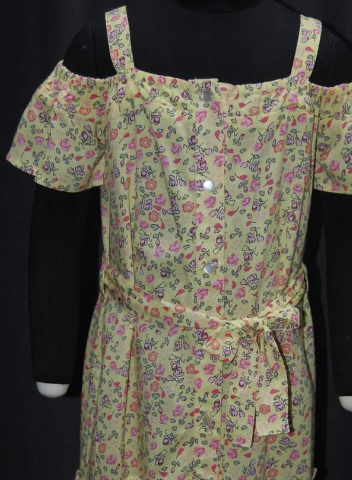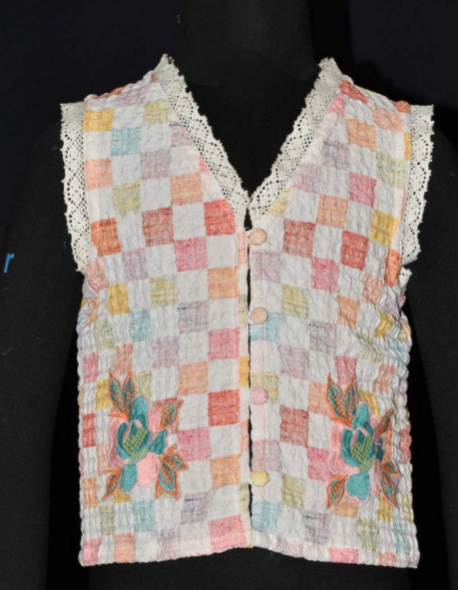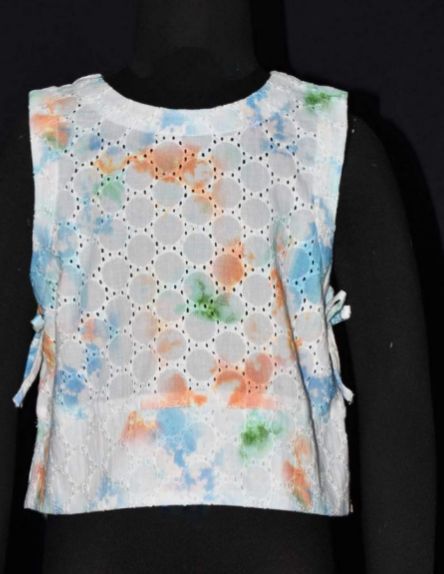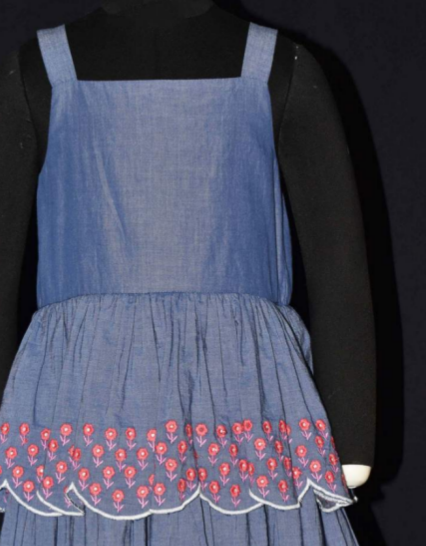Ethical Apparel Manufacturing: Why It’s Crucial For The Fashion Industry

Carbon footprint has now become an important term for environmentally conscious apparel manufacturing brands. But when did this term make it to the mainstream media and become so popular? One of the main driving factors behind popularising the term “carbon footprint” was, interestingly, British Petroleum, a non-state-owned oil company, the second largest in the world. They popularised ‘carbon footprint’ as a popular measure of personal impact on nature.
Awareness Around Sustainable Fashion and How It Came to Be
As we know, in the world today, only ‘personal impact’ is not responsible for carbon footprint. In the fashion industry, concerns regarding ethical apparel manufacturing and sustainable labour practices started even before any terms were popularised in the 1970s. A study called ‘The Evolution of Sustainable Fashion: A Timeline’ by the American University of Paris demonstrates what happened between the 1970s and today. It started with environmental consciousness and awareness in the 70s, promotion of animal rights, a campaign against fur, an increase in the use of biodegradable materials and leather alternatives, and finally, moving ahead towards a new era of transparency and accountability.
Gearing Towards a Sustainable Approach by Partnering With Brands Who Prioritize Sustainability
From the rise of Fast Fashion to the introduction of Slow Fashion, which advocates for ethical labour practices and environmental responsibility, a lot has changed since the previous years, and we at Cheer Sagar believe if a change has to be made, it should start from home. For all the clothing brand owners out there, if you are looking for an apparel exporter and manufacturer who champions the usage of sustainable fabrics and is leading the sustainable fashion movement, you must check out CheerSagar, a leading garment manufacturer in Jaipur.
In the following section, we will discuss why it is crucial for the fashion industry to use sustainable practices. But before that, let us understand what ethical fashion means. We will also explore how we at CheerSagar adopt sustainable practices to protect our mother nature.
Understanding Ethical Fashion
Ethical fashion is defined as fashion that aims to reduce its negative impact on the planet and its inhabitants, such as people and animals. For every stage of the fashion process, from seeds and plants to the final product or garment, ethical fashion is good for the environment. All the elements taken to produce a garment, like materials, should be ethically sourced, and labourers or workers should receive a fair wage. Materials or every fabric produced has a different effect on the environment, so we at Cheer Sagar use sustainably grown fabrics. We also use recycled fabrics to reduce environmental impact and ensure nothing goes to waste from our manufacturing process.
Reasons Why Ethical Apparel Manufacturing Crucial For The Fashion Industry
-
Many fashion supply chains rely on low-cost labour, which leads to worker exploitation, unfair wages, and unsafe working conditions. Ethical apparel manufacturing aims to prioritise compliance with labour laws, provide safe and humane working conditions, and protect worker rights. Brand owners must partner with a certified ethical manufacturer like Cheer Sagar, which has transparent supply chains and produces garments sustainably.
-
Millions of tons of discarded and unsold clothing are ending up in landfills today. Fast fashion is one of the leading factors behind these landfills due to the excessive waste it generates. Sustainable manufacturing aims to reduce this by recycling fabric scraps, adopting zero-waste production methods, and designing for durability. As a brand owner, you can contribute to the environment by conducting take-back programs for clothes and investing in upcycling initiatives to reduce the burden of waste on the planet.
-
Manufacturing apparel consumes enormous amounts of raw materials, water, and energy, which contribute to climate change and pollution. Here, sustainable practices focus on resource-efficient methods like renewable energy integration, responsible fibre sourcing, and closed-loop water recycling.
Conclusion
While the world at large is going through difficult times due to climate change and pollution, you, as a responsible brand owner, can partner with an apparel manufacturing company that prioritises sustainability. Partner with a leading women’s apparel exporter like CheerSagar to ensure you minimise your carbon footprint while doing good business. Start adopting sustainable practices today to make a change in the fashion industry and contribute to the planet.
Related Blog
10 Crucial Questions To Ask A Women’s Wear Wholesaler Before Signing Them
A business partnership with your manufacturer or supplier can have far-reaching effects on your business's success. If you are not...
How To Manufacture Women’s Shorts For Your Clothing Brand
Launching a clothing brand comes with countless decisions, but when it comes to creating women's shorts, getting the manufacturing process...
A Comprehensive Guide To Clothing Products Offered By Kids Clothes Wholesalers
Working with a kids' clothing wholesaler can be a great alternative if you're trying to stock up on high-quality,...




